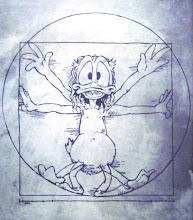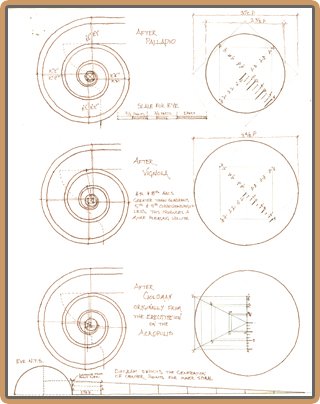It has been said that the first item of business in the beginning of any inquiry is to define the terms, and posit the principles by which one is to proceed. 96% of erudition is not in actually knowing more than your foes, but in making them pick up a dictionary to understand what they themselves would say in common lingo. Thus, Kant was able to successfully keep a healthy distance from objectors by merely inventing a new philosophical language which disallowed readers to turn to the lexicon. In order to combat this problem while at the same time employing it, we must begin with defining terms.
Therefore, our study of wordplay will commence with a short discussion about change. More specifically, we must discuss what grammatical objects are being changed, how they are being changed, and where they are being changed. What. How. Where.
The best place to start is describing 'how' words are changed. There are four operations of change: addition, subtraction, transposition and substitution. In similar fashion to the four basic mathematical operations, transposition and substitution can be argued to be extensions of addition and subtraction in the same was as multiplication and division. I would, nonetheless, say that they are in fact different operations, as would any rightly thinking mathematician of his own operae.
The following are examples of the four operations of change.
Addition:
Kidiot: On the way to becoming a dolt.
I avoid funerals because I'm not a mourning person.
Subtraction:
Being shot at with a bow is an arrowing experience.
The pun is mightier than the word.
Transposition:
Feudalism: It's your Count that votes!
Alimony: The bounty of mutiny.
Substitution:
A pun is its own reword.
An ignoranus is both stupid and an asshole.
Tuesday, May 13, 2008
Subscribe to:
Post Comments (Atom)



2 comments:
"The pun is mightier than the word" could be filed under "substitution" as well, I suppose.
As for "Ignoranus"--well, I may be dumb, but....
I wonder if purely oral cultures have these species of puns?
You're right about the substitution also being present in the first.
I had no intent to imply that you were an... clearly you are only an ignoramus.
That's a great question. I'll be posting about oral vs. written puns in due time.
Post a Comment